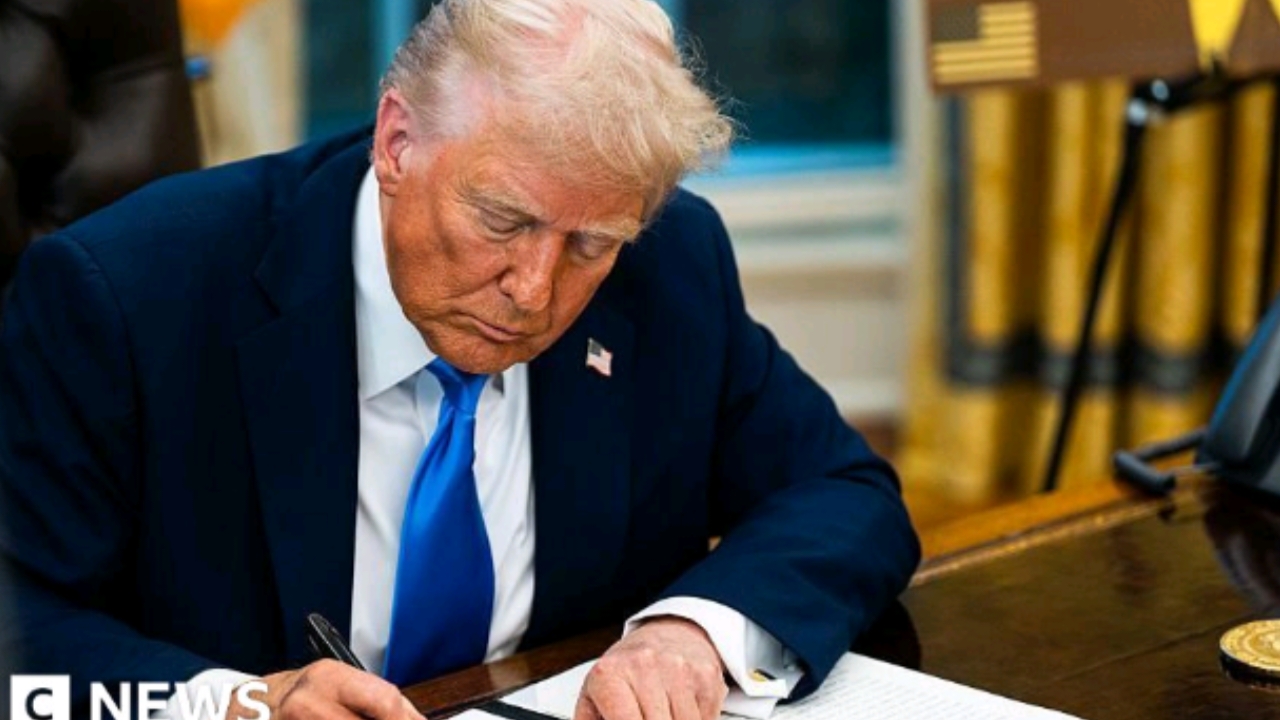The US Chamber of Commerce has filed a lawsuit against the Trump administration over a controversial new $100,000 fee on H-1B visas for skilled foreign workers, arguing that the policy could severely damage American businesses and the technology sector.
According to Neil Bradley, Chief Policy Officer of the Chamber, the new fee “will make it cost-prohibitive for US employers to use the programme,” potentially cutting off access to vital global talent. The lawsuit, filed on Tuesday, challenges an executive order signed by former President Donald Trump last month, which introduced the fee as part of broader efforts to reform the H-1B visa system.
The White House defended the decision, describing the measure as lawful and a “necessary, initial step towards meaningful reform.” The order applies only to new visa requests and requires payment before any foreign worker can be granted entry.
The move has sparked widespread criticism from business leaders and tech executives, including billionaire Elon Musk, who argued that the H-1B programme plays a crucial role in helping the US attract top global talent, particularly in science, engineering, and technology fields.
In its complaint, the Chamber of Commerce warned that the policy could “inflict significant harm on American businesses,” forcing companies to either reduce hiring or dramatically increase labour costs. The group, which represents over three million businesses, nonetheless acknowledged the Trump administration’s past successes in tax reform and deregulation but called this specific move “damaging to competitiveness.”
US Commerce Secretary Howard Lutnick defended the policy, saying major corporations support the change. He stated that companies must now evaluate whether a worker is valuable enough to justify the new fee or instead prioritize hiring Americans.
Many H-1B visa holders come from India and China, countries that have traditionally supplied the US with highly skilled professionals in technology and research. Tech firms argue that such workers cannot easily be replaced by local talent, while the White House insists the policy discourages the exploitation of cheap foreign labour and protects American wages.
The lawsuit adds another layer to the ongoing debate over immigration and workforce policy, underscoring tensions between economic protectionism and the global demand for innovation-driven expertise.




